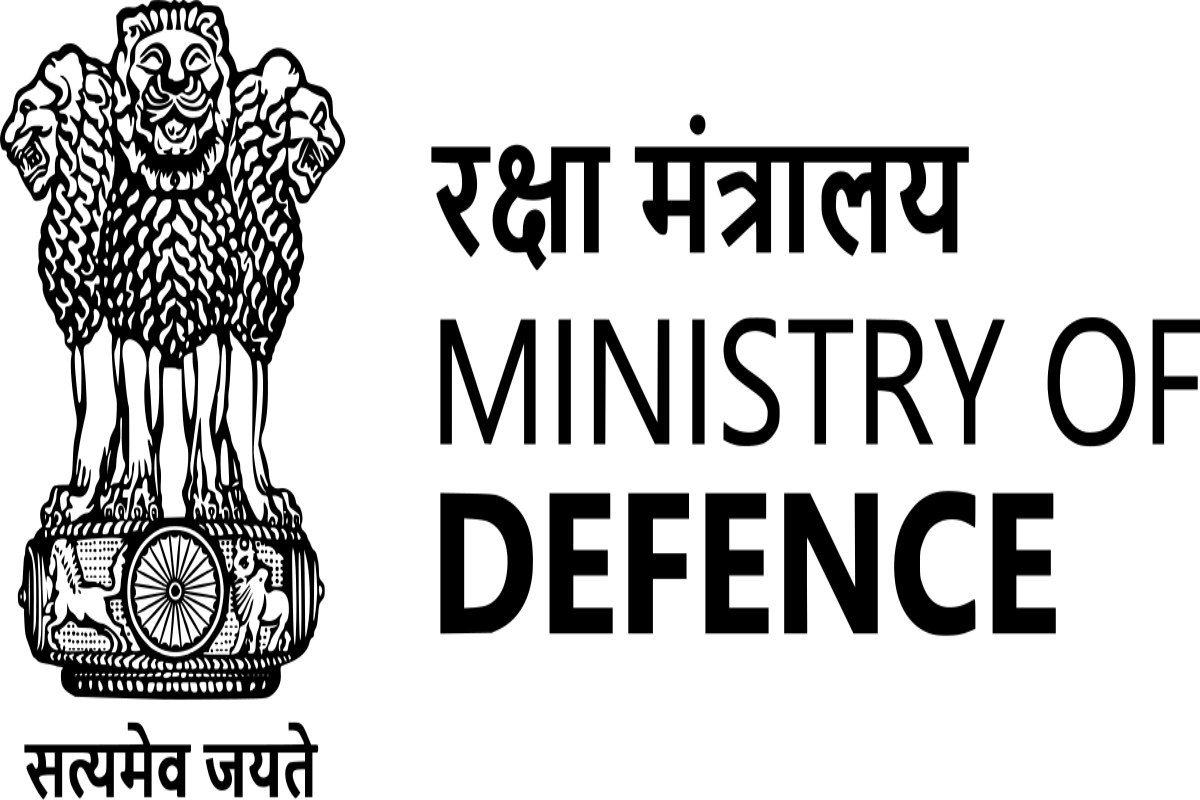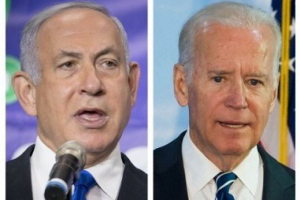The Ministry of Defence said the Inter-Services Organisations (Command, Control and Discipline) Act has been notified through a gazette notification, to be enforced with effect from May 10.
In order to bolster effective command, control and efficient functioning of Inter-Services Organisations (ISOs), the Bill was passed by both the Houses of Parliament during the Monsoon Session of 2023. The Bill received the assent of the President on August 15, 2023.
“The Act empowers Commanders-in-Chief and Officers-in-Command of ISOs to exercise control over Service personnel, serving under them, for effective maintenance of discipline and administration, without disturbing the unique service conditions of each individual Service,” the Ministry said in a statement.
With the notification, the Act will empower the heads of ISOs and pave the way for expeditious disposal of cases, avoid multiple proceedings and will be a step towards greater integration & jointness among the Armed Forces personnel, it added.
“The Act will ensure better coordination between the three services (army, navy, airforce) and will also bolster the integrated structure. It will prove to be a milestone in the path to India’s military reforms,” the Ministry said.
Piloting the Bill in Parliament, Defence Minister Rajnath Singh had described it as necessary to strengthen the armed forces in the wake of the global security scenario.
According to the Ministry, presently, the armed forces personnel are governed in accordance with the provisions contained in their specific Service Acts – the Army Act, 1950, the Navy Act, 1957, and the Air Force Act, 1950.
“Now, there will be various tangible benefits such as maintenance of effective discipline in inter-services establishments by the heads of ISOs, no requirement of reverting personnel under disciplinary proceedings to their parent service units, expeditious disposal of cases of misdemeanours or indiscipline and saving of public money and time by avoiding multiple proceedings,” the Ministry said.
It said it would also pave the way for much greater integration and jointness amongst the three services, lay a strong foundation for the creation of joint structures in times to come and further improve the functioning of the Armed Forces.
“It will be applicable to all personnel of all the three services as well as persons of other forces as notified by the Central government, who are serving in or attached to an Inter-Services Organisation,” the Ministry added.
The commander-in-chief or officer-in-command means the General Officer/Flag Officer/Air Officer Commanding who has been appointed to the post, it said.
“To maintain command and control in their absence, the officiating incumbent or the officer on whom the command develops in their absence of a C-in-C or Oi/C, will also be empowered to initiate all disciplinary or administrative actions over the service personnel, appointed, deputed, posted or attached to an Inter-Services organisation,” the Ministry added.











